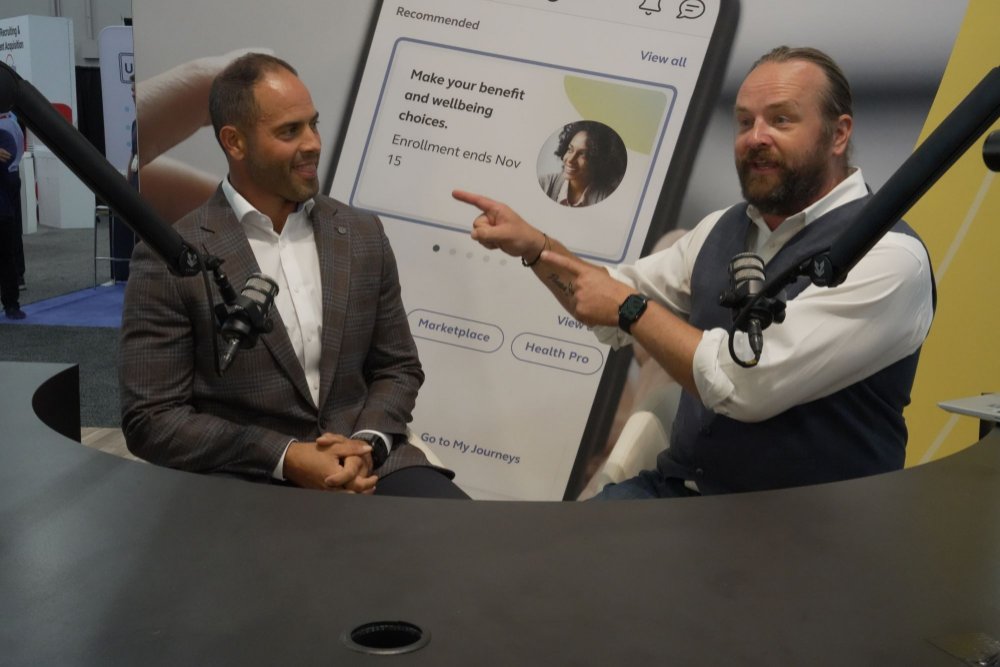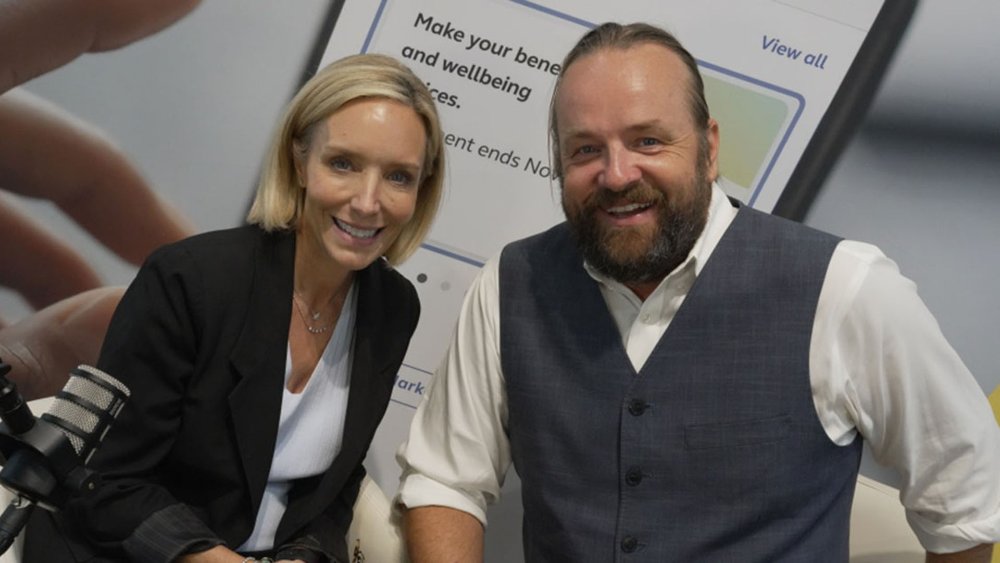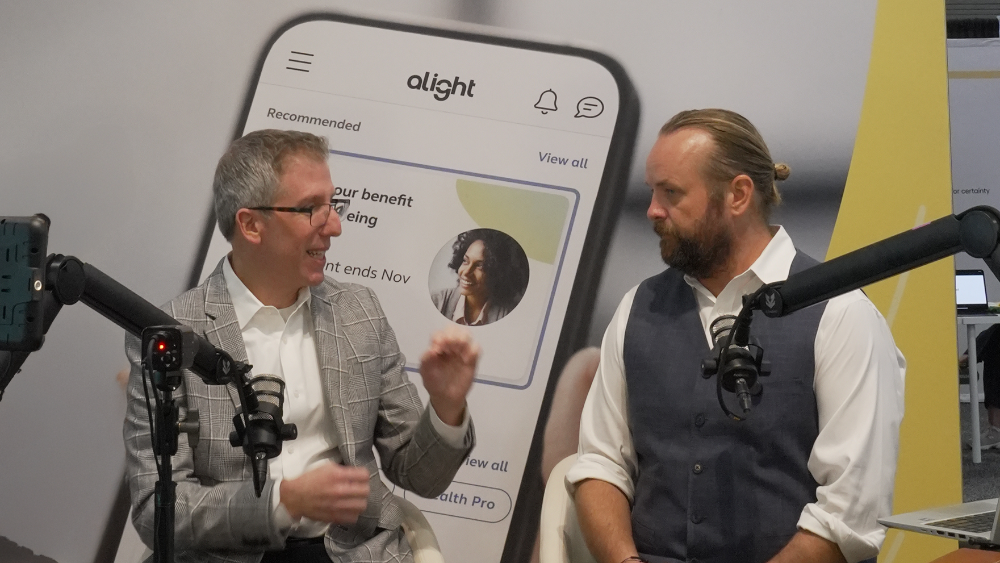
The 2023 International Workforce and Wellbeing Mindset Study is Alight’s 13th annual U.S. report, examining employee wellbeing, culture, total rewards and workplace technology.
The study’s goal is to understand employee perceptions to help employers optimize their employees’ wellbeing and experiences to improve engagement, productivity and performance.
Employees are losing trust in their employers
In the aftermath of significant workplace change in the early 2020s, there was hope that employers would continue providing caring, flexible and healthy environments. Many envisioned a future where employees would have more autonomy in their work, access to innovative resources and an overall improved sense of job satisfaction and wellbeing. However, with new economic challenges, such as increased inflation and a looming threat of recession, employers are refocusing on their bottom lines. Regrettably, employees are now experiencing a sense of loss as the once-promising support from their employers seems to be fading away.
Today, U.S. employees feel less in control of their wellbeing. Just 52% feel they have the power and resources to improve their health and happiness, compared to 60% in 2022. To reignite engagement, wellbeing efforts from employers will require new tools and ongoing support to provide personalized and integrated benefits to workers when they need them most. This kind of “continuous improvement” mindset is already commonplace in other aspects of business. Now, it needs to be applied to supporting employees.
Financial pressures, mass layoffs and a “wait-and-see” approach, in which employers react to challenges rather than anticipating and preparing for them, have also caused some employees to disengage and lose trust in their employers.
Today, 69% of workers claim to be always/often productive and 53% feel inspired to do great work, compared to 75% and 59% respectively in 2022. Employees feel disconnected from their workplace and are looking to their employers to take responsibility and address their concerns.
Alight’s point of view
Despite employers ongoing efforts to expand wellbeing programs and enhance the overall employee experience, there has been a noticeable decline in workers perceptions of their employers' commitment to employee wellbeing and an increasing restlessness in terms of employee loyalty and engagement.
Employers need to reconsider their strategies when it comes to attracting, retaining and engaging their people, at work and at home; it cannot be merely about adding more benefits and programs. It is crucial for employers to prioritize initiatives that facilitate easy access to relevant and effective resources. Part of their role is to help employees use their benefits effectively, especially when they are needed in the moments that matter most. It’s also about showing that the company genuinely cares about their employees and telling an authentic story about that commitment.
To achieve this, employers should assess and optimize the way they support and communicate with their workers. By identifying opportunities to empower people, they can foster an environment where employees thrive long into the

Download the full report
Alight 2023 International Workforce and Wellbeing Mindset Study


